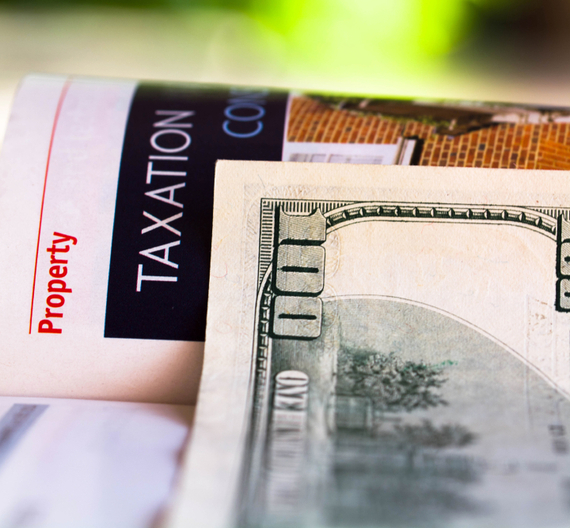Taxes may be one of life's many certainties.
But it doesn't have to be a painful ordeal.
Unless, of course, you're leaving thousands - if not millions - of tax dollars on the table, as many real estate investors do every year.
In fact, without a good accountant, many are overlooking simple tax deductions, paying far too much tax for rental income, missing mortgage interest deductions, or cost savings with insurance.
Others don't realize they can depreciate property costs even as the value of the property increases.
In some cases, many never knew these deductions or rules ever existed. Others never kept detailed records of transactions or other costs that could have easily been written off. Other investors were left in financial ruins by incompetent certified public accountants (CPAs) that had little to no real estate experience.
The last thing a real estate investor can afford to do is miss out on a tax deduction, as easy as depreciation, which allows you to write off your biggest expense - the purchase price of the property, for example. In fact, you can depreciate a commercial property's value over a 39-year period and deduct it from taxes the same way you deduct expenses.
Here are some of the top ways to ensure you don't miss any tax breaks on your property.
Always have a good accountant
This is a must. Make sure you find a competent CPA that specializes in real estate tax. Your CPA must be qualified and must be familiar with the real estate market.
Unless you enjoy paying too much tax, you can't afford not to.
There are far too many horror stories of unqualified accountants that can make a real mess of your financials. Not only can a competent CPA correctly structure your business from a legal and financial perspective, according to BiggerPockets.com, the CPA can create a strategy for your business that will allow you to keep more money; help you make smart decisions; and recommend other team members who can help make your business a profitable success.
Always be well organized
Keeping accurate records of all financial transactions is a must. Find a filing system (file folder, computer bookkeeping) that works for you. Keep records of all expenses as they pertain to your real estate investments. The IRS advises that you keep detailed records of all real estate activities and expenses, including credit card receipts.
Find overlooked deductions
Why pay more than you have to?
A competent, experienced CPA with a real estate background can help find these and reduce your overall tax bill.
You can write off home office expenses, mileage cost to and from investment property, business entertainment costs, depreciation of land improvements, equipment rental, family members on payroll, and travel expenses having to do with buying and maintaining properties.
The more you know, the more deductions you can take on your tax return.
Take advantage of rental property tax deductions
You can also write off the property operating expenses, and any expenses incurred by owning the property. Your mileage to and from that property is deductible, as are any attorney and accounting fees incurred through the property.
Also, be sure that you do not overtax rental income. Rental income is not subject to the self-employment tax. Unless you enjoy it, do not pay more tax than you have to.
Avoid capital gains taxes
If you own property, you can sell it within two months without having to pay capital gains taxes through a Section 1031 Exchange. It has to be what's referred to as "like kind," or the same type. You can't exchange rent property for personal property for the 1031 Exchange.
"The theory behind Section 1031 is that when a property owner has reinvested the sale proceeds into another property, the economic gain has not been realized in a way that generates funds to pay any tax," according to The Federation of Exchange Accommodators (FEA). If you can defer this tax, you have more money for other property investments.
You can also file a personal residence exemption. You can waive capital gains of up to $250,000 ($500,000 if married) on the sale of your primary residence, according to eHow.com
Separate short term and long-term investments
Work with your CPA to separate short-term investments from long-term investments.
For tax purposes, a property held for less than one year is a short-term investment.
A property held for longer than a year is a long-term investment. By separating, you can save yourself tax dollars down the line.
If you plan to "flip" property owned for less than a year, you can pay short-term capital gains taxes, which is the same rate as your marginal income tax rate, according to RealEstate.com. "Uncle Sam takes a smaller cut out of long-term gains than out of ordinary income or short-term gains."

